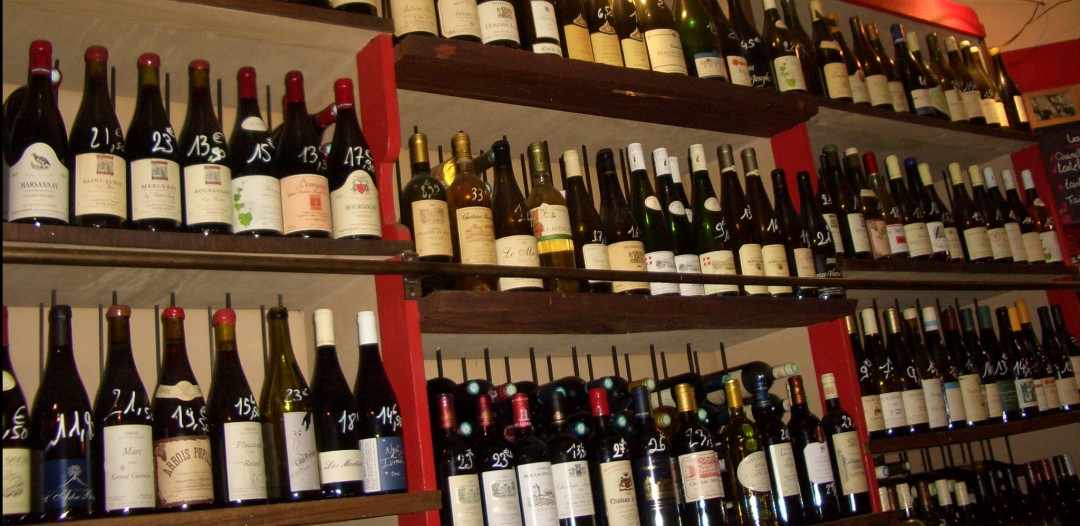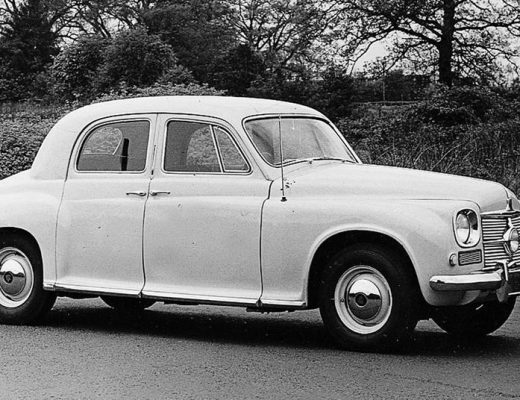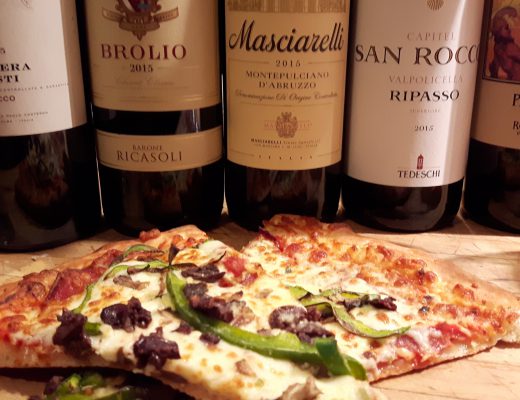I went to a very interesting tasting last Sunday, hosted by the gracious and talented Ontario-based wine writer Natalie Maclean. There were wines from all over the map to taste, over 70 in all. While there were some real stand out bottles on offer, what really struck me were the tasters.
All sorts of ages, styles and backgrounds were represented; lots of sommeliers, writers, product consultants and the like. The idea was to amass a common pool of reviews for the wines, all fed onto Natalie’s website. Idle curiosity got the better of me, as it usually does, and I found myself looking at the scores and comments of my peers after posting my reviews. They could not have been more different. Where one taster found intense, black berry aromas, another found the same wine closed and earthy. One wine deemed fairly light, was called full bodied by another reviewer. A wine slammed with a lowly 80pts was worth 90pts for someone else. Here we were, a pool of experts, with vastly different views. And herein lies the beauty of wine. It’s all very personal and depends on a large number of extenuating circumstances.
And herein lies the beauty of wine. It’s all very personal…
The label – if you have heard good reports on a wine from friends, colleagues, respected reviewers, etc. you will likely approach it in a more favourable light. And vice versa. It is human nature. If you watch a movie that a friend raved about, or that just won a slew of Oscars, you are primed to love it. And this feeling is very hard to overcome. Even if you thought is was painfully bad, you would still try and praise the cinematography or something. Whereas, if the same film was panned, you would have no trouble dismissing it as trite rubbish.
What you just ate or drank – ever tried drinking a glass of wine shortly after a cup of coffee? I bet you didn’t love it. The bitter coffee tannins likely exaggerated the sensation of astringency in the wine. What about a tart, light-bodied Pinot Noir after a big, bold Napa Cab? The second wine likely seemed thin and reedy. The obvious course of action is to ensure your palate is as neutral as possible before starting, and then tasting from lightest to fullest. But when are things ever ideal?
External stimuli & mood– is there an argument going on in the background? Does the lady next to you smell like she bathed in patchouli? Are you in a hurry to beat traffic? All of the craziness going on around you can throw off your focus and lead to snap judgements. Just like your mood. Picture it, Sicily 1922 (I digress…), seriously though, picture your last vacation. The scenery is stunning, you are relaxed and happy, and just loving the sweet, frothy, peachy bubbles served before dinner each evening. So you buy a couple of bottles to take home. And when you try it again in your kitchen, it tastes …sickly sweet, the bubbles fall flat instantly, and the finish is cloying. The holiday romance is over.
Your personal, sensory library – when I was a kid, we used to pick black berries every August at the seaside in England. The smell of fresh, and baked blackberries is highly evocative for me. If I find that singular smell in a wine, I am happy. But someone else’s version of blackberries could be a cheap brand of jam their mother used to buy, and the associated smell would be quite different. All over the world, people’s lexicons of smells are vastly different. Many aromas we identify are unknown to African or Asian drinkers who have not been exposed to the same fruits or spices and so on. And the exotic fruits that they find so easily will not be detected by many of us westerners.
We take an airplane trolley’s worth of baggage with us into each wine tasting without even realizing it.
The list goes on and on. We take an airplane trolley’s worth of baggage with us into each wine tasting without even realizing it. So what’s a novice wine lover looking for a little guidance in the bewildering aisles of the liquor store to do? First of all, trust yourself! If you like it, that’s good enough. Wine is meant to fun. It doesn’t matter if the Wine Spectator didn’t like it. If you poke around the internet long enough you will find another reviewer who does. Second of all, know that we all have personal bias. Even critics that only taste wines blind have styles they prefer. While better tasters can objectively praise a wine they don’t like but recognize is well-made; they will never rave about it in the same way they would a wine they adore. Try as I might, I will rarely score a hugely extracted, teeth staining, overtly fruity red as well as a lighter, more elegant and restrained style. So go forth and sample widely from a range of wine folk and you will end up finding someone that has a similar palate to yours. It’s a bit like finding a favourite author. You know that when you curl up with their latest book, you’ll probably like it. Now try settling in with the book AND the glass of wine…heaven!





No Comments